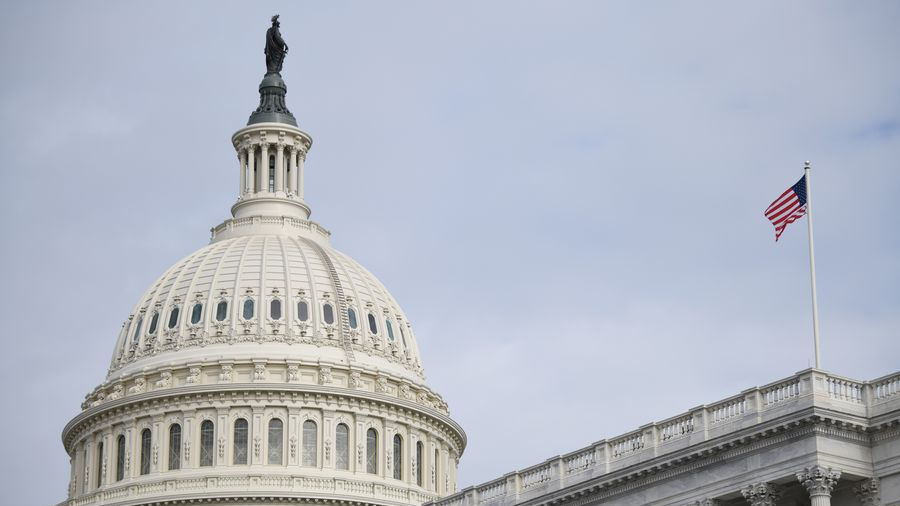US bill called move to hamper China
By Zhao Ruinan | chinadaily.com.cn | Updated: 2023-03-30 00:20

The United States House of Representatives' unanimous passage of a bill on Monday calling for revocation of China's "developing country" status shows that Washington, driven by a zero-sum mentality, intends to hamper China's growth, experts said.
The so-called PRC Is Not a Developing Country Act would, if enacted, require the US State Department to advocate that international organizations change China's status from a developing country to an upper middle-income country, high-income country or developed country.
Introduced by Representatives Young Kim, a Republican from California, and Gerry Connolly, a Democrat from Virginia, the bill urges the US government to oppose the labeling or treatment of China as a developing country under the terms of any treaty or other international agreement to which the US is a party, such as in the World Trade Organization.
It was unclear whether the bill would be considered in the Senate. For a bill to become law, both the House and the Senate would need to pass it and the president's signature would be required.
Xu Liping, a researcher at the Chinese Academy of Social Sciences' National Institute of International Strategy, said the move shows the intention of some politicians in Washington to hamper China's development and maintain US global hegemony.
"Determining whether a country is a developing or developed country is not the job of any single country, but the international community," he said.
In addition, a country itself should be the one to initiate any change in its status, rather than having it determined by another country, Xu said, adding that passage of the bill was illogical and reflected ulterior motives.
Zhao Yongsheng, a professor at the Institute of Regional and International Studies at the University of International Business and Economics in Beijing, said there is no universal consensus as to what constitutes a developed country, or what can be defined as a developing country.
Criteria range from economic factors such as per capita GDP to noneconomic factors like average life expectancy, levels of education and technological development, Zhao said.
Wei Nanzhi, a researcher at the Institute of American Studies at the Chinese Academy of Social Sciences, said the move is an "old trick" of the US.
"Setting an agenda against what Washington perceives as a threat, and then working with its allies to hype it up — this is a common practice for the US as a hegemonic country.
"The US government likes to set up a strong external enemy to promote internal reform. This is, in fact, a domestic mobilization with an underlying warning sign to Americans: China is a dangerous enemy, and we must unite to solve our internal problems," she said.
























